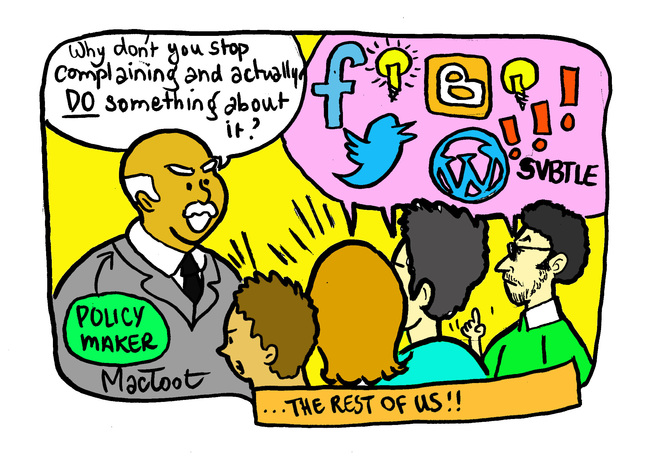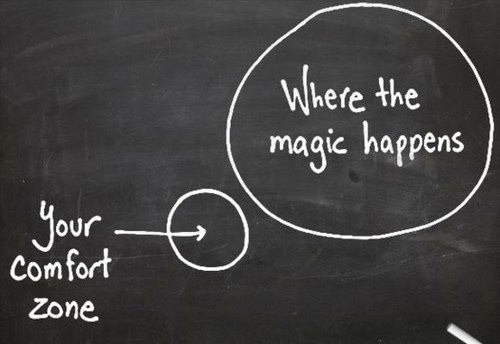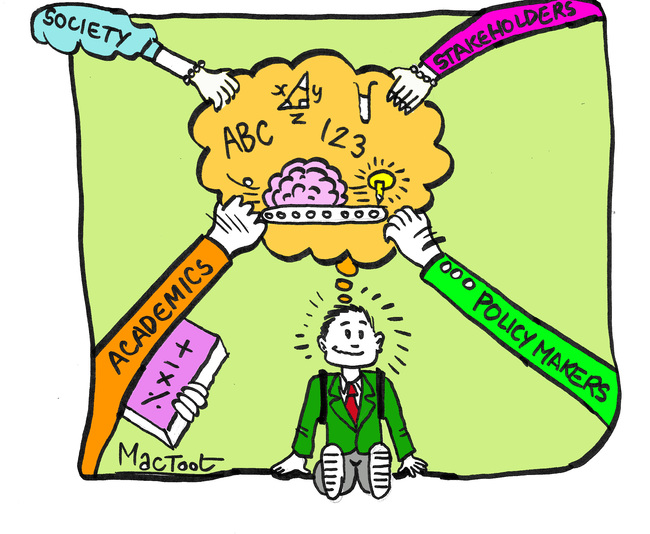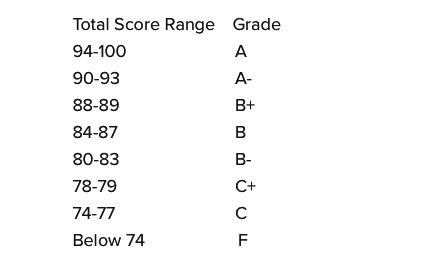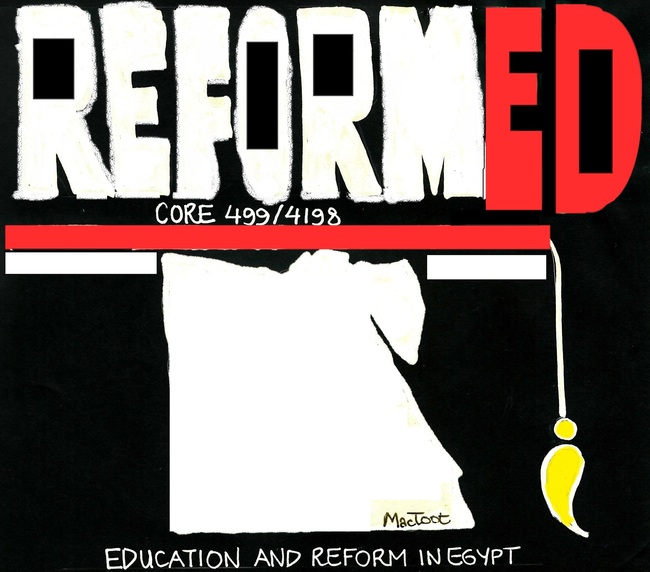Outdated designs …

I teach a course about creative problem solving at a Liberal Arts institution and in that course we regularly discuss the concepts of functional fixedness and force fitting. It is interesting how much more I notice and observe these notions in context now that I teach them.
I have a particular interest in educational reform, I am very passionate about local reform in my country, although admittedly I am currently not as involved as I would like to be in that area. Nevertheless, I keep a keen eye on what is happening and cannot help but witness a strong case of functional fixedness. Every solution I hear is borrowed, adapted or tested in some other regional context. Every idea is recycled or so focused that it borders on the narrow-minded. Of course, this is a harsh assessment, and there are several pioneering independent efforts, but on the whole there is a lack of innovation. I do...
